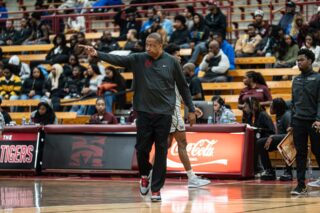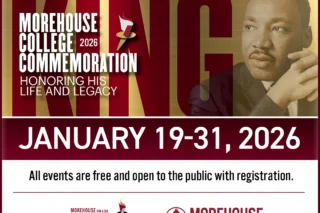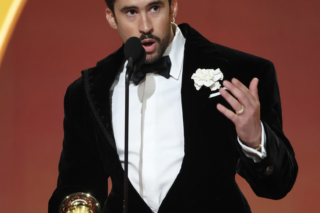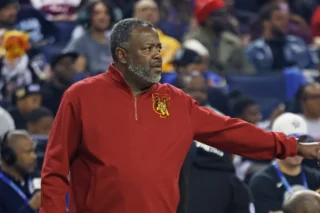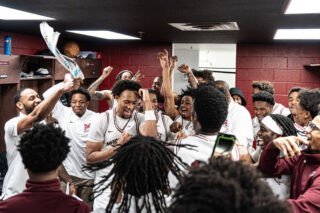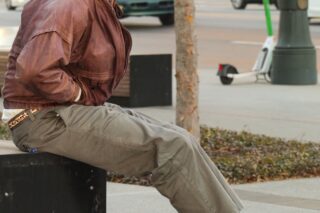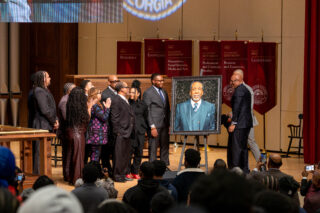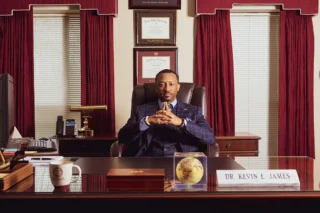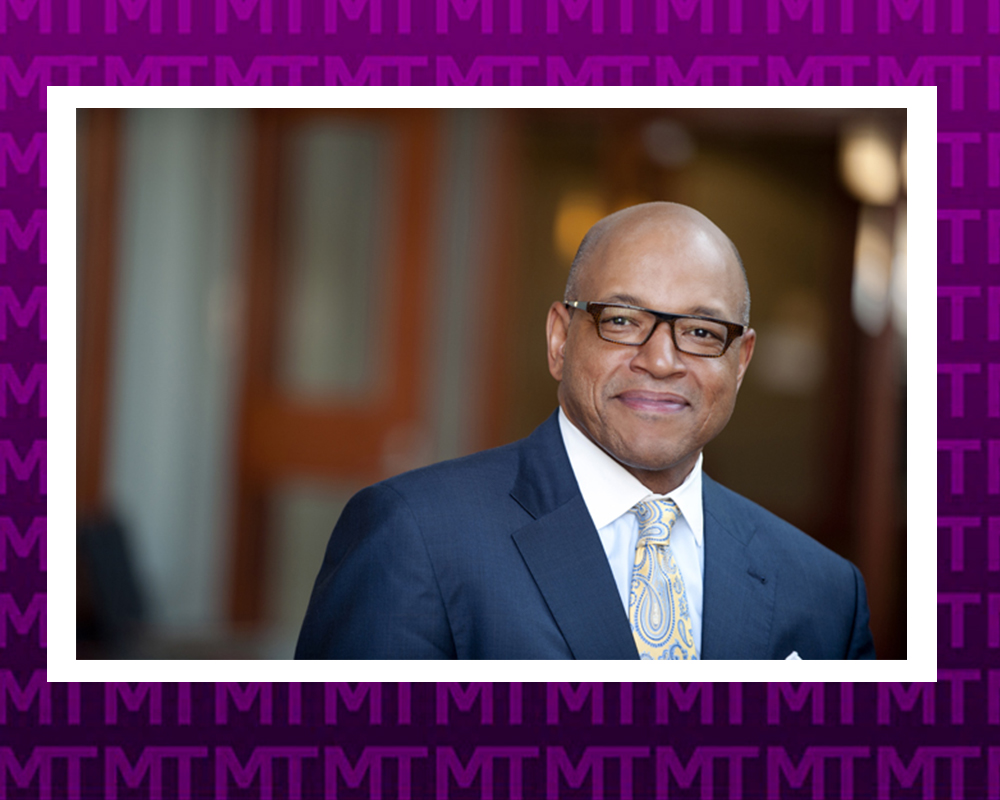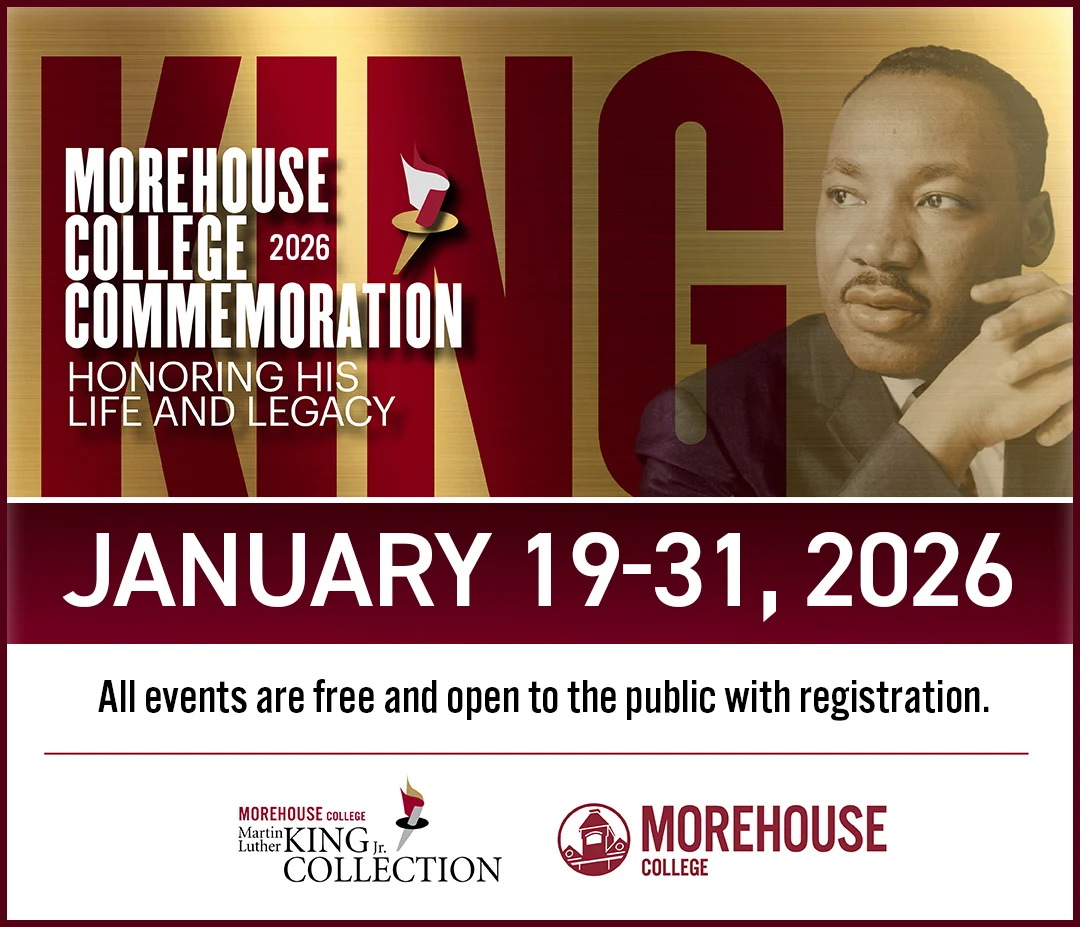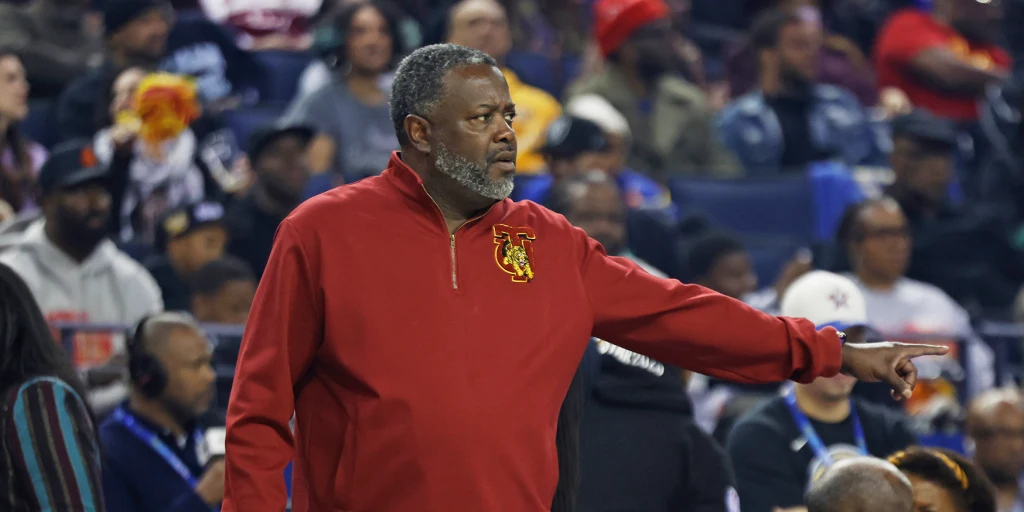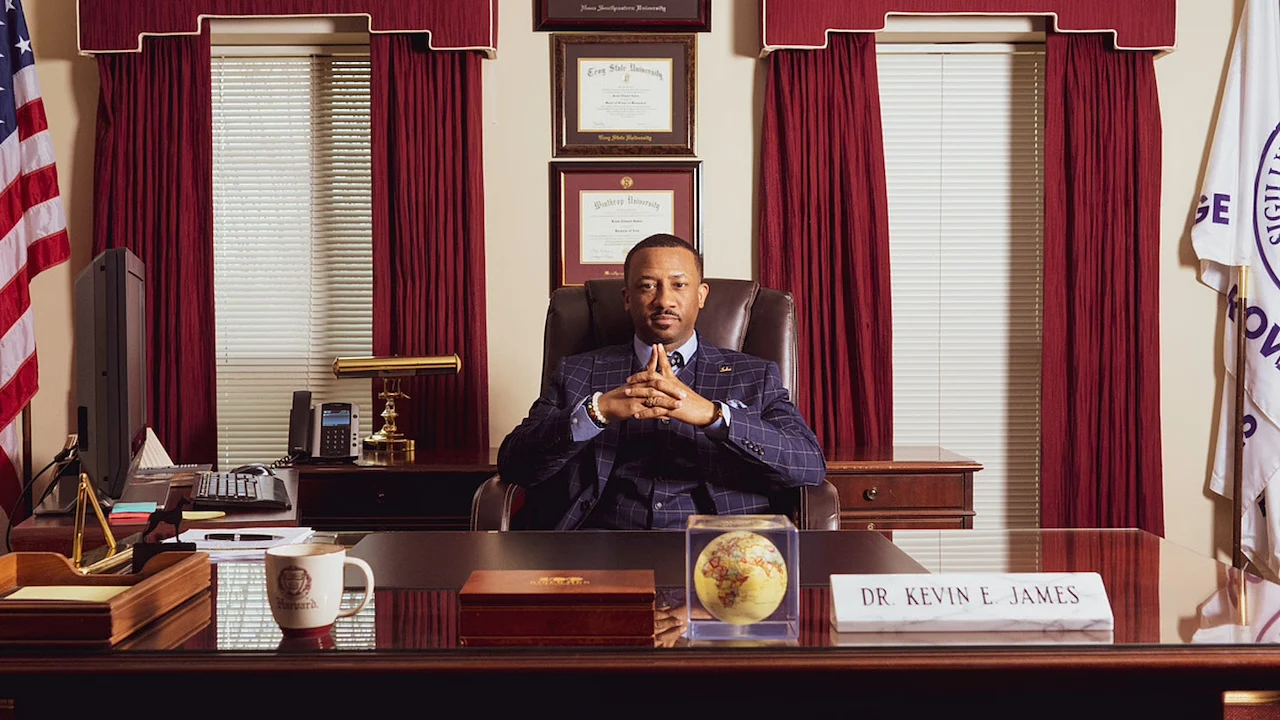Sizwe Chapman & Torrence Banks, Editor in Chief & Managing Editor
Morehouse College students have been involved in their communities around the country during the pandemic by participating in social injustice protests and food drives. The school has also received funds from donors during this time, most recently receiving a $1 million grant from the Ernst and Young Foundation. Morehouse College President David Thomas believes that students’ involvement in the community is a major reason why so many outside the college have been interested in funding the institution.
“Our students were also around the country involved in providing leadership in protests,” Thomas said. “And I attended the launch of one of those that was right up the street from my house at that park. It’s at the intersection of Atlanta Student Movement and Northside Drive.
“We’ve seen the essence of Morehouse College in its relevance and importance. And that’s also shown in the donations and interest that the college has received during this period.”
Netflix co-founder Reed Hastings and his wife, Patty Quillin are two of the donors that have given Morehouse funds during the pandemic. Quillin and Hastings donated $40 million to the school in June. Before this donation, Quillin and Hastings had given the school a $2 million donation.
“But after watching what was happening in the country, they decided that they had to invest even more deeply in Morehouse as one of the solutions to what ails the nation,” Thomas said. “Because of the students that we produce, and what they go on to do and because of who Morehouse is as a place, and quite frankly, the representation of an ideal for the nation and the world.
“Similarly, we had another donation of $20 million from McKinsey Stock, who gave away roughly 120 or $50 million to organizations that she thought were changing the world to address issues related to social, racial and environmental justice. Morehouse was at the top of that list. So, we’ve gotten a number of other substantial donations, companies wanting to recruit our students will partner with us.”
Morehouse was one of the first schools to cancel fall sports. Despite this decision, the administration still decided to fully guarantee athletes’ scholarships.
“At the time we made the decision, we were not aware that nobody else had made it,” Thomas said. “We just made it based on what we thought was the best thing for our students
“We also guarantee all athletic scholarships, because our view is you’re here as a student athlete, not as an athlete and happens to be a student. We don’t bring you here to go to the pros, or to put us in the win column. We bring you here to graduate from Morehouse in four years. And if you didn’t think you could do that, you wouldn’t be here.”
Many of the donations that Morehouse has received recently have gone towards scholarships for freshmen. This has caused upperclassmen to wonder what is being done to help them finish their time at the school. This semester, Morehouse has reduced tuition for all students and have tried to consider the financial situations of upperclassmen students.
“We also reduced tuition by 10% and eliminated some of the things that students otherwise would have incurred all in the service of reducing the cost of Morehouse College, in particular, for our continuing students. One of the things we know is that this virus is disproportionately impacting black communities and black families. And we know that some of our upperclassmen have had parents impacted and guardians impacted economically.
Since Morehouse cannot be free, Thomas’s goal is to make Morehouse accessible for students. He can relate with students who want more scholarship money.
“What we have not done, other than the across the board reduction in tuition and fees is to say, ‘Here’s a special, Robert Smith type pool of money that everybody in the senior class will participate in,’” Thomas said. “But, we’ve tried to be very open on a case by case basis.
“I can remember being a scholarship student myself and always kind of thinking, ‘Gee, you know, if I had a little more scholarship I’d be able to take a spring break, like everybody else or not have to do work study. Therefore, I could do something else.’ But I think we’ve achieved our goal, which is to make Morehouse accessible.”
This Maroon Tiger interview was recorded on Thursday, August 20, 2020.

